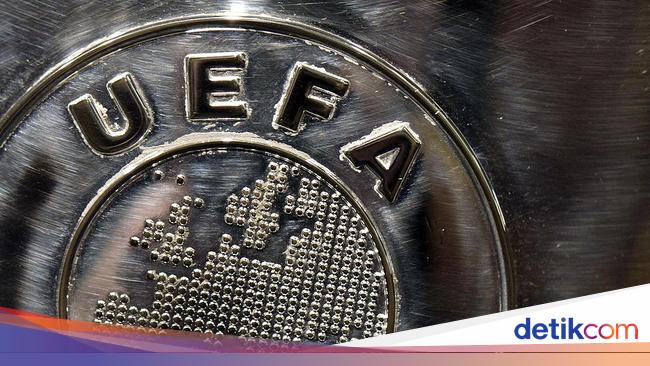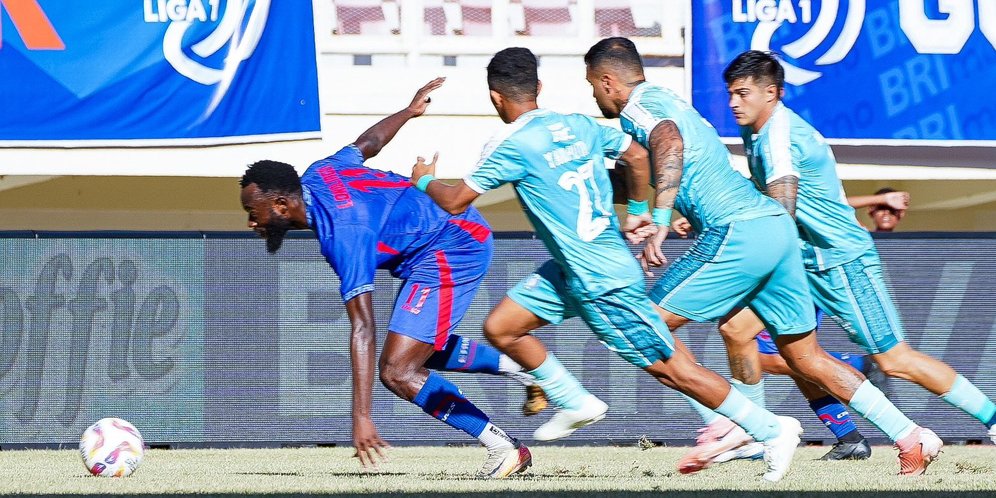UEFA Teguh Tolak Super League: A Victory for Football Integrity
In a historic move, UEFA, the governing body of European football, has taken a strong stance against the proposed European Super League (ESL) by banning participating clubs from its competitions. This decision has been widely applauded by fans, players, and football authorities all over the world, with many hailing it as a victory for the integrity of the game.
The ESL, a breakaway competition comprising 12 elite clubs, was announced with much fanfare and controversy in April 2021. The league intended to operate as a closed competition, excluding the possibility of relegation or promotion for participating teams, effectively creating a closed shop for the wealthiest clubs in Europe.
This move was met with widespread condemnation from fans, who saw it as a betrayal of the principles that underpin the sport. Football has always been about meritocracy, with clubs earning their place in competitions based on their performance on the pitch. The ESL threatened to undermine this fundamental principle, creating a league that was based solely on financial power and disregarding the sporting merit of the clubs involved.
UEFA’s response to the ESL proposal was swift and uncompromising. The governing body declared its intention to take strong disciplinary action against participating clubs, including banning them from its competitions, such as the prestigious Champions League and Europa League. This move was seen as a clear message that UEFA would not tolerate any attempts to undermine the existing footballing structure.
The decision to ban participating clubs from UEFA competitions is a significant blow to the ESL project. The Champions League, in particular, is one of the most prestigious and lucrative competitions in world football, attracting a global audience and providing clubs with substantial revenue. Without the possibility of participating in these competitions, the financial viability of the ESL becomes questionable, and the project’s future is thrown into doubt.
UEFA’s firm response to the ESL proposal is not just a victory for football integrity, but also a testament to the power of unity and collective action. Football fans from all corners of the globe voiced their opposition to the ESL, with protests, petitions, and social media campaigns gaining momentum. Players, managers, and football authorities also expressed their disapproval, further highlighting the widespread rejection of the breakaway league.
UEFA’s decisive action sends a clear message that the interests of the fans and the integrity of the game must be prioritized over the commercial interests of a select few. It serves as a reminder that football is not just a business; it is a sport that holds a deep-rooted connection with its supporters and communities.
While the battle against the ESL may have been won, the fight to protect the integrity of football is far from over. It is crucial that football authorities continue to work towards creating a more equitable and sustainable game, where the interests of all clubs, big and small, are considered. The ESL proposal has exposed some of the deep-rooted issues within football, such as the growing wealth gap and the influence of money in the sport. These issues need to be addressed to ensure a more inclusive and fair future for the beautiful game.
UEFA’s Teguh Tolak Super League stance will be remembered as a pivotal moment in football history. It has shown that the power of the people can prevail and that football’s core values can withstand even the most audacious challenges. The victory for football integrity is a reminder that the game belongs to the fans and that their voices must be heard and respected.






